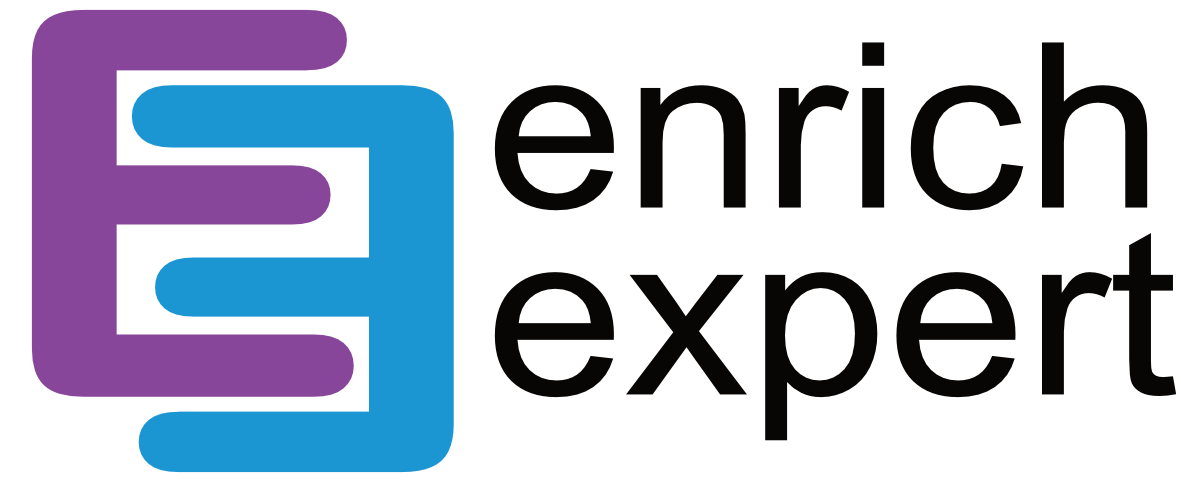 As you move through life, you are always learning. By documenting your education and experience, you can use this information to show that you are willing to improve yourself. You accept change. You embrace the opportunity to learn and grow. You apply yourself to challenges and succeed!
As you move through life, you are always learning. By documenting your education and experience, you can use this information to show that you are willing to improve yourself. You accept change. You embrace the opportunity to learn and grow. You apply yourself to challenges and succeed!
Applying the documentation to work and service environments allows others to evaluate your efforts, which in turn leads to further development and the benefits from doing so.
Steps
Documentation
1. Start.
Before documentation, start listing things you’ve already done. It may be difficult at first, but as you start looking through your formal education, continuing education, craft classes, work-related seminars and workshops, you will be amazed at what you have accomplished. It may be easier to review by organization or chronologically — depending on how you think.
2. Physical proof.
For physical proof, there is no one way to track what you have done. At every step, “proof” will help you remember what you did, when you did it and, hopefully, some of the specifics. The following items can be collected for proof or to help you jog your memory in the future.
- Certificate of completion
- Letter of completion or appreciation
- Receipt
- Notes from class
- Handouts
- Photos
- Other proof of participation
3. Digital proof.
For digital proof, here’s a few ways you can keep track of your education.
- PDFs / JPGs of any of the items in Step 2
- PDF of any or all of the course materials
- Copies of videos / YouTube
- Copies of podcasts / lectures
- Digital badges
- Notes from Evernote or other digital notetaking apps
4. Keep a list.
Keeping a list in a document, database or spreadsheet will help you quickly find the education, experience, service or skills you have acquired. In this list, some of the items you may want to track include:
- Class / workshop / skill title
- Date(s) you participated
- Length of time you participated
- Where taken (online URL if no physical location)
- Description
5. Journal.
Journaling is an excellent way to track your experience. It can provide what you did as well as the circumstances in your life when you did it. This provides more of a reason why you chose to take the classes, workshops or training that you did. Even highlighting only one activity for a class can be enough to trigger the memory.
Avenues of Education and Experience
6. Professional.
Professional experience, education and organizations may be work-related or may be something you are interested in adding to your work life. Professional proof can be used to show skills you have, be added to your resume, as documentation on file for your current job to support a promotion or to show your willingness to learn and expand your abilities. To your list, add any training you’ve taken, organizations you’ve joined, etc.
7. Volunteer.
Did you know your volunteering experience can be put on a resume? Many people volunteer to use their skills for a non-profit, gaining experience that they can use to get a job. Your proof can be used as back-up documentation for your organization, for your resume and toward your current job, showing your willingness to learn and, sometimes, to move beyond your comfort zone. To your list, add any required training, experience running events, instructing others, leading, etc.
8. Recreational.
Have a hobby or craft you’re very interested in? Any extra classes you’ve taken or techniques you’ve learned can be added to your list. Also add organizations you’ve chosen to join. You can take enrichment classes from craft stores online or locally. The classes you’ve taken may have been free or paid, it doesn’t matter.
9. Online education.
The world of education is in massive upheaval. Many universities offer lectures from classes for free — MIT, Duke and Stanford are just a few. Add in podcasts from numerous schools and organizations as well. Any classes or workshops that you have taken can be added to your list.
10. Skills.
If you can’t list specific classes, volunteer roles and recreational activities directly into your list, try highlighting skills you learned while doing these activities. Instead of broadly stating you ran a scout troop for three years, highlight your organizational skills. If you worked sending information to the newspaper, highlight your communication skills. It’s not so much how you learned it, but the skills you gained that you can utilize in other areas of your life.
11. Honors.
Any time you have shown personal or professional achievement, you may receive an offer to join an organization, your name may appear in the newspaper, etc. Have you placed your name in the Who’s Who directory? Did you make honor roll in school? What other honors have you received?
12. Organizations and clubs.
Not only can you include the organizations and clubs you have been in, any leadership roles you assumed while you were part can be included. Also, if you were part of special committees or any additional skills you used or cultivated while a member can be included in your list.
Supplements
SUPP_My Ed_Exp_2in_12up_larajla
- Avery 2.5” round label printable, 12 up
SUPP_My Ed_Exp_Checklist_larajla
- Badge checklist
SUPP_Printable_EP Badges_2017_10_larajla
- List of all badges as of October 2017
SUPP_Printable_Volunteer Skills_larajla
- Volunteer skills list
Sites to Explore
- community.today.com/parentingteam/post/formal-vs-informal-education
- degreed.com
- engrip.com
- www.educationdive.com/news/the-death-of-degrees-9-alternative-credentialing-approaches/102618
- extension.colostate.edu/docs/pubs/consumer/09150.pdf
- www.thebalance.com/how-to-include-volunteer-work-on-your-resume-2063297
- www.fastcompany.com/3060902/why-volunteering-is-the-single-most-overlooked-skill-on-resumes
- www.td.org/Publications/Newsletters/Links/2012/09/How-to-Evaluate-Informal-Learning
- openbadges.org
Get the infographic here > larajla blog post
Get the PDFs of the badge program / supplements here > Full badge PDFs
